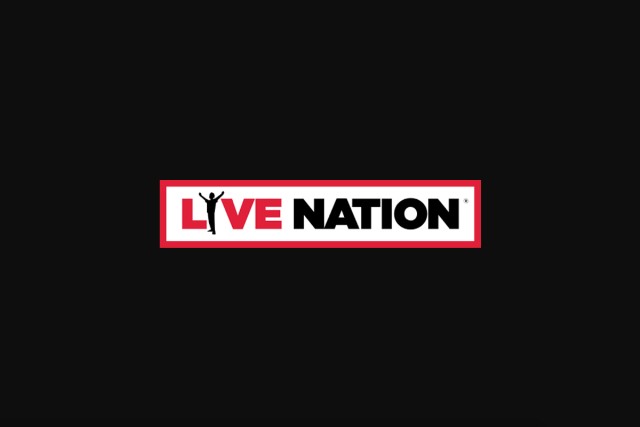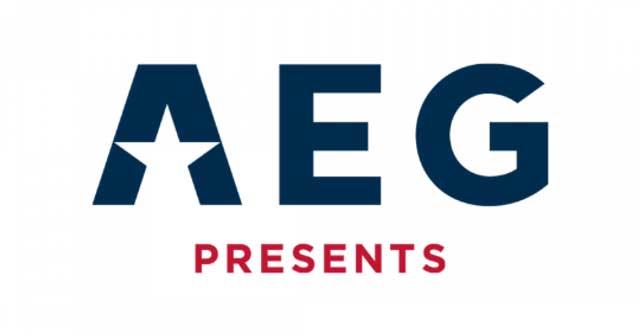
Fans trying to get a refund on postponed and rescheduled tours are in a tizzy following a recent update to the terminology used in Ticketmaster’s refund policy.
According to the New York Times, an update quietly took place between March 13 and 14 changing the refund policy’s language to only mention cancellations as being eligible for refunds. Previously, the policy mentioned cancellations, postponements and reschedulings together in the case of refunds.
While concerning, Ticketmaster said that this was only a clarification of the rules already in place regarding refunds, and that their policy hasn’t changed in years. Elsewhere on the Ticketmaster website, including a statement the company made on March 12 regarding the situation, postponements and reschedulings are mentioned in more depth.
“As always, canceled events are automatically refunded. If an event organizer is offering refunds for postponed or rescheduled events, a refund link will appear on your Ticketmaster account. Otherwise, you are encouraged to periodically check back online to see if the status of their event has changed.”
The same information is more briefly laid out in their purchase policy, which was presumably last updated in June 2019, as well as in the FAQ sections for cancellations and postponements.
Said Ticketmaster in a statement (reported by the New York Times) about their refund policy:
“In the past, with a routine volume of event interruptions, we and our event organizers have been able to consistently offer more flexibility with refunds for postponed and rescheduled events. However, considering the currently unprecedented volume of affected events, we are focused on supporting organizers as they work to determine venue availability, new dates and refund policies, while rescheduling thousands of events in what continues to be an evolving situation.”
Fans looking to get their money back have been understandably irate about the change. A few angry Twitter users took to the site to say things like “@Ticketmaster won’t help me out with my refund…Time to call a lawyer and @bbb_us [the Better Business Bureau],” “Why is it that when I buy concert tickets you take the money out of my account in a matter of SECONDS, but when shows are being canceled it can take you months to return my money??” and “All the concerts I bought tickets for have been ‘postponed’…How about you just refund us for our purchase? Nobody knows their future right now.”
Some say that class-action breach-of-contract lawsuits could also follow. Said Vanderbilt University Brian T. Fitzpatrick to the New York Times, while the ticketing companies could be protected by the language in their policies, a court could find that they aren’t acting out of “good faith.”
Secondary ticket reseller Stub Hub was also in the news recently for their refund policy. Earlier this month, the company announced that instead of giving customers refunds they would receive a credit for 120% of the original ticket price. Said Stub Hub in a recent statement:
“It is currently impossible for us to offer immediate cash refunds to all buyers.”
On April 6, a lawsuit was filed in Wisconsin against the company, alleging that they:
“‘sought to surreptitiously shift their losses onto their innocent customers, furthering the financial hardship endured by people across the country’ by changing their policies and failing to distribute refunds.”
The suit also claimed that Stub Hub “promised said refunds (under the “FanProtect” guarantee) before replacing them with vouchers.” The company also speculated that Ticketmaster would be hit even harder.
“It’s likely that Ticketmaster is experiencing similar fiscal difficulties, albeit on a much larger scale. (StubHub moves approximately $5 billion in tickets annually, whereas Ticketmaster’s yearly sales volume has exceeded $30 billion in the past.)”
In the days since the story first broke on April 10, Live Nation, the company that owns Ticketmaster, released a statement regarding their financial plan for the coming months, as well as further clarifying and updating about postponed and cancelled shows. According to the statement, 90% of their shows were postponed and not cancelled and refunds are already on their way.
“Refunds have been issued for tickets for all canceled shows, and the company expects to allow some refunds for postponed shows in the U.S. and select international markets as new event dates are set. In multiple international markets, including Germany, Italy and Belgium, government regulations which allow for the issuance of vouchers in place of cash refunds for rescheduled shows, and in some cases for cancelled shows, have been put in place or drafted.”
The statement continues:
“For rescheduled shows that have offered refunds over the past month, 5% to 20% of fans have requested refunds while the vast majority preferred to hold on to their tickets for the future date. Based on these trends, as well as an analysis of scenarios where refund rates increase above 20%, the company does not expect material declines in its event-related deferred revenue balances given the geographic diversity of the funds, the large portion of funds held by venues, and ongoing ticket sales for events in late 2020 and 2021.”
With such limiting, unclear refund policies, fans may start thinking twice before using sites like Ticketmaster when concerts start to return. Crisis communications expert Ross Johnson told the New York Times:
“People will remember how companies act in this crisis. This is a whole different ballgame for the Ticketmasters of the world. What they should be doing is saying , ‘We feel your pain.’”
[via GhostCult]










